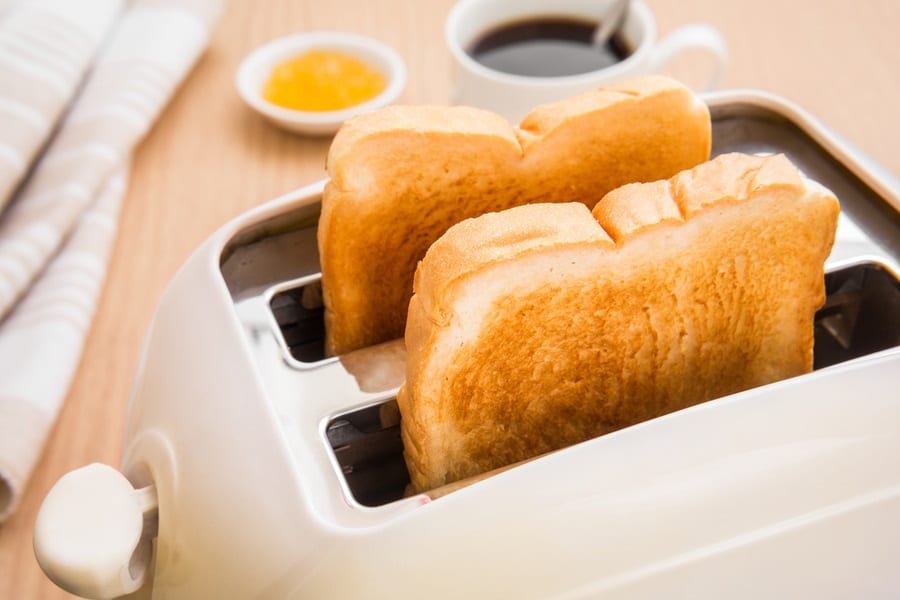Cooking Breakfast is Now OK, Despite the By Laws
Franklin v The Owners – Strata Plan No. 87497 [2022] NSWCATCD 210
Quick Read
This 2022 NCAT decision is about a dispute in a Newcastle strata title building about whether an old by law was valid and enforceable. After this strata building was converted from a retirement village to normal residential apartments, a strata owner objected to a original by law that prevent cooking [including toasting] in all the small strata lots which had no cooking facilities. The key issues in the case were whether blanket ban by law was permissible and/or whether it was harsh, unconscionable or oppressive. After considering the by law, S 150 and the decision in Cooper’s Case, the Tribunal] decided that the by law was invalid, dismissing all of the strata building’s arguments. The decision continues the series of NSW decision where blanket bans in by laws are invalid. Plus, it’s a common sense outcome that permits strata residents to cook [or at least make toast] in their strata lot.
Implications
NCAT has power to invalidate by laws.
Cooper’s Case is the leading decision on by law validity.
By laws limiting strata owners property rights must protect adverse effects on other strata owner’s use of their lots or the common property.
The by law imposed a blanket ban on cooking.
Cooking is a normal right of property ownership.
Full Report & Case Details
This decision by NCAT is about a dispute in a Newcastle strata title building about whether an old by law was and is valid and enforceable.
This 100 lot strata building is a bit different as it was originally a retirement village, most of the strata lots were small [from 21sqm to 30 sqm] without kitchens, only 4 strata lots had in-built cooking facilities, and there was a large common property commercial kitchen that all residents could use. But, after the strata building was converted to normal residential apartments, the existing arrangements were left unchanged.
That included a by law that prohibited cooking [including specifically toasting bread] in all lots that did not have in-built cooking facilities but allowed using a kettle. The by law also included a costs recovery provision for fire brigade callout charges that were triggered by a false smoke alarm.
One strata lot owner who presumably wanted to cook [or at least toast bread] challenged the validity of the by law, arguing that it was too restrictive and therefore unreasonable.
The strata building opposed the case arguing the following things.
The by law had been in place since the formation of the strata corporation.
The configuration of the lots [4 larger strata lots with cooking facilities but most of them without and smaller] supported the appropriateness of the by law.
The small lot sizes [just a living/sleeping room and a bathroom] made installing kitchens or kitchenettes difficult.
There was a large common property kitchen, so strata residents could always cook.
Cooking in the small lots could create fire hazards and risks.
Interesting, the strata owner argued against the fire risk proposition that burning candles wasn’t prohibited in the by laws which was arguable riskier.
The primary issues were whether the by law was within the strata corporation’s general by law making powers and whether the by law was contrary to section 150 of the Strata Schemes Management Act 2015.
Keywords
#NSW #NCAT #byaws #cooking #invalidity #2022 #SSMA2015 #s150
